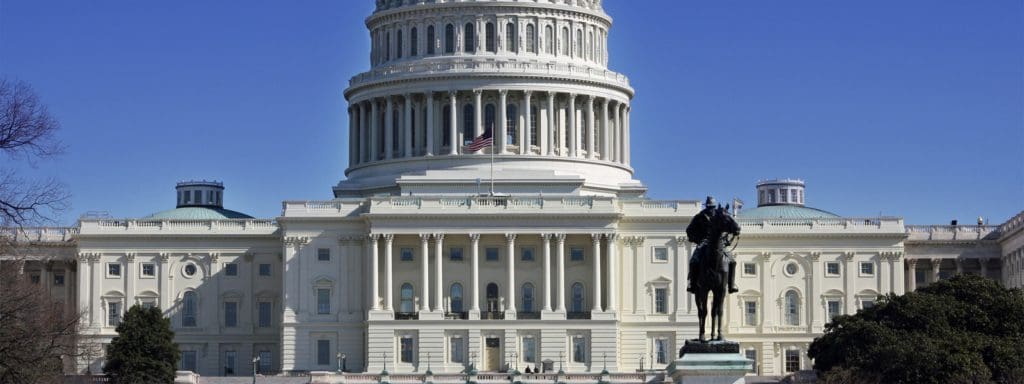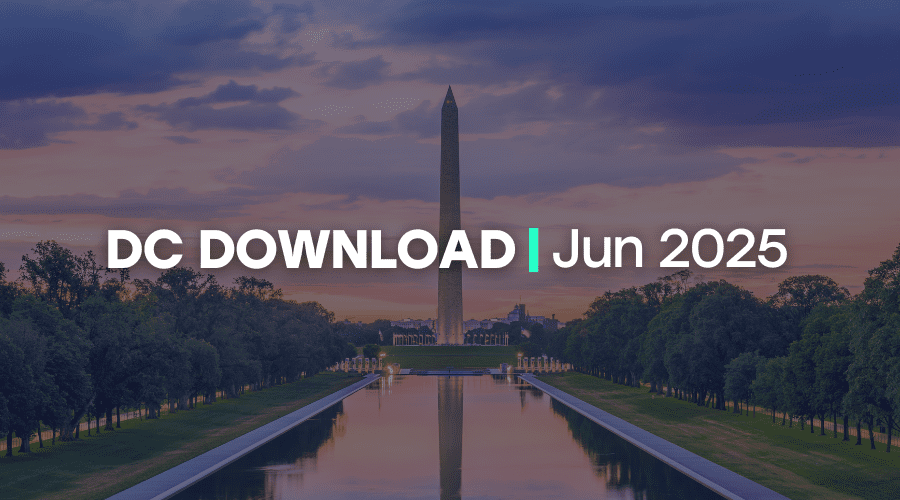Yesterday, the House of Representatives released their version of tax reform legislation, known as the Tax Cuts and Jobs Act.
Independent Sector is troubled by both what’s in and not in this legislation. In addition to a statement released by IS President and CEO Dan Cardinali, we also held a call with more than 100 leaders from across the sector yesterday to go through what was included in the bill.
In addition to mobilizing the sector in the next few days to ensure policymakers hear from us, we will also be continuing our own efforts working closely with Members and their staff in Congress.
Below are a few highlights of provisions that impact charitable organizations. For a full summary, please see this chart.
Charitable Contributions (Title I, Subtitle D, Section 1306)
Charitable Deduction
- Retains the charitable deduction for those who continue to itemize their tax returns
- The number of itemizers is anticipated to be reduced to 5 percent of all taxpayers
- Increases the current AGI limitation for cash contributions to public charities and certain private foundations from 50 percent to 60 percent and retains the 5 year carry-forward provision.
College Athletic Seating Rights
The special rule that provides a charitable deduction of 80 percent of the amount paid for the right to purchase tickets for athletic events would be repealed.
Charitable Mileage Rate
The current charitable mileage rate, which can only be adjusted by an act of Congress, would be made adjustable for inflation.
Repeal of Substantiation Exception for Gifts Reported by Donee
The exception that relieves a taxpayer from providing a contemporaneous written acknowledgment by the donee organization for contributions of $250 or more when the donee organization files a return with the required information would be repealed.
The Johnson Amendment (Title V, Subtitle C, Section 5201)
Exemption for Churches to Engage in Political Speech
Churches are permitted to make statements relating to political campaigns in the ordinary course of religious services and activities.
Estate Tax (Title I, Subtitle G, Section 1602)
Repeals the Federal Estate Tax Over a Period of Six Years
- Doubles the current threshold exemption to over $11 million for individuals
- Phases out the estate tax between 2018 and 2024
Other Key Provisions
Executive Compensation for Tax-Exempt Entities (Title IV, Subtitle I, Section 3803)
Excise Tax Imposed for Salaries in Excess of $1 million
Imposes a 20 percent excise tax on compensation in excess of $1 million paid to any of its five highest paid employees for the tax year. The excise tax would apply to all remuneration paid to a covered person for services, including cash and the cash value of all remuneration (including benefits) paid in a medium other than cash, except for payments to a tax-qualified retirement plan, and amounts that are excludable from the executive’s gross income.
Unrelated Business Income Tax (Title V, Subtitle A, Secs. 5001 and 5002)
Clarification of UBIT Rules
All entities exempt from tax under section 501(a), notwithstanding the entity’s exemption under any other provision of the Code, would be subject to the UBIT rules, income derived from a trade or business regularly carried on by an organization exempt from tax under Code section 501(a) (including pension plans) that is not substantially related to the performance of the organization’s tax-exempt functions.
Permits Exclusion from UBIT for Research Income Unless Research is Publicly Available
An organization would only be able to exclude research income from UBIT if it is made publicly available.
Simplification of the Private Foundation Excise Tax (Title 5, Subtitle B, Section 5101)
Private Foundation Excise Tax
The current two-tiered structure for the private foundation excise tax on net investment income would be simplified to a single rate of 1.4 percent.
Private Operating Foundation Requirements (Title 5, Subtitle B, Section 5102)
Operation of Art Museum
An art museum claiming the status of a private operating foundation would not be recognized as such unless it is open to the public for at least 1,000 hours per year.
Excise Tax on Investment Income of Private Colleges and Universities (Title V, Subtitle B, Section 5103)
- Certain private colleges and universities would be subject to a 1.4 percent excise tax on net investment income. The provision would only apply to private colleges and universities that have at least 500 students and assets (other than those used directly in carrying out the institution’s educational purposes) valued at the close of the preceding tax year of at least $100,000 per full-time student.
- Public and state colleges are exempt.
Donor Advised Funds (Title V, Subtitle C, Section 5202)
Additional reporting requirements for DAF sponsoring organizations
Donor advised funds would be required to disclose annually their policies on inactive donor advised funds as well as the average amount of grants made from their donor advised funds.
Bond Reforms (Title III, Subtitle G, Section 3601)
Termination of private activity bonds
New private activity bonds, including 501(c)(3) bonds, issued after 2017 will be subject to taxation.



